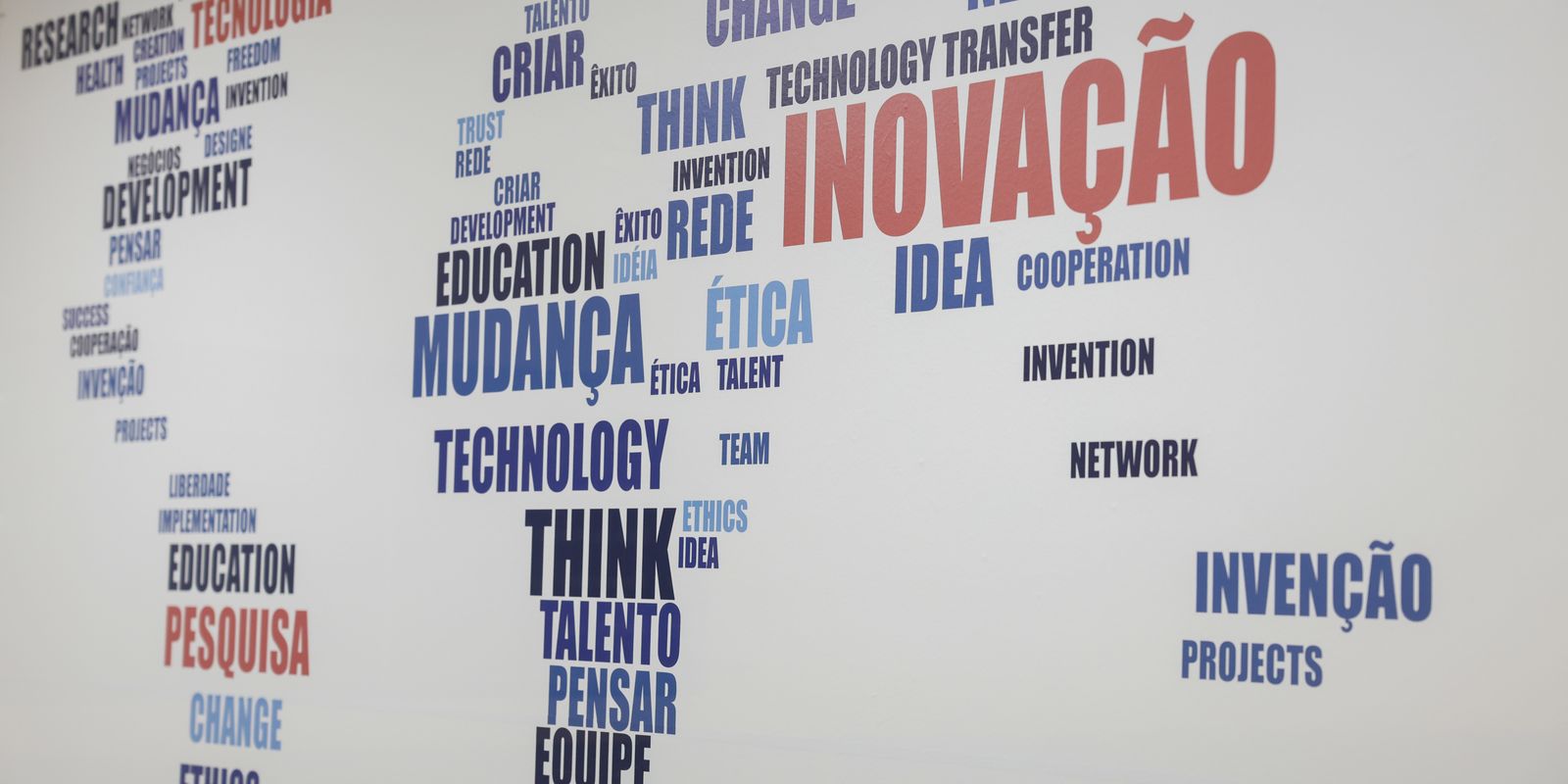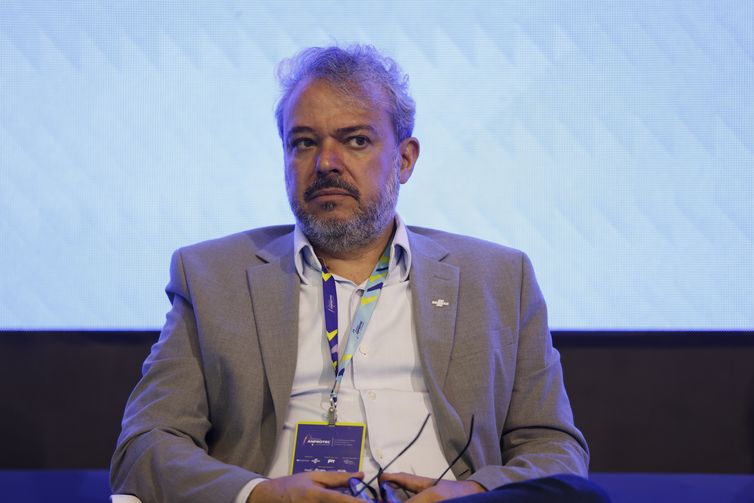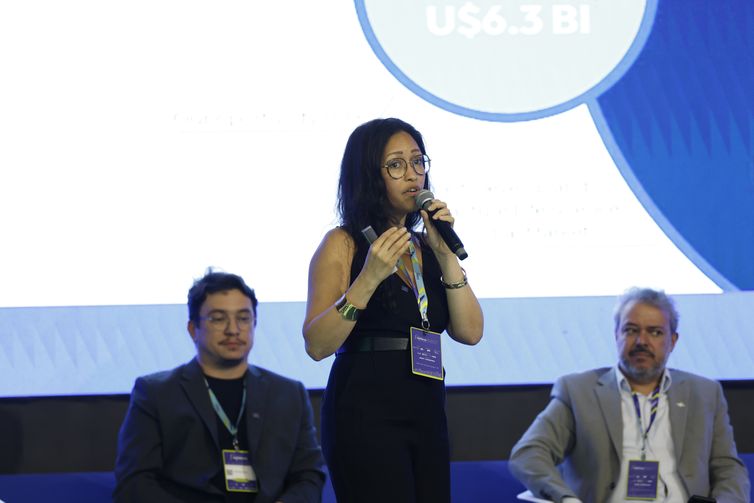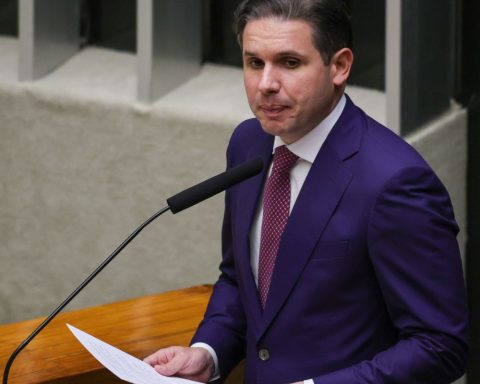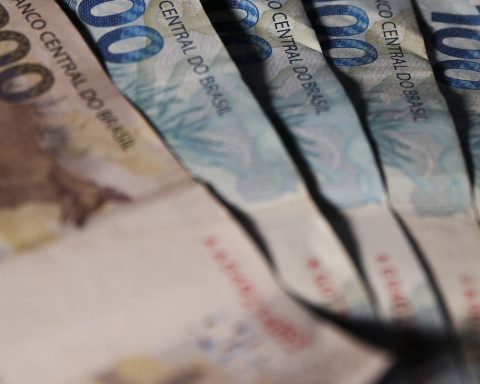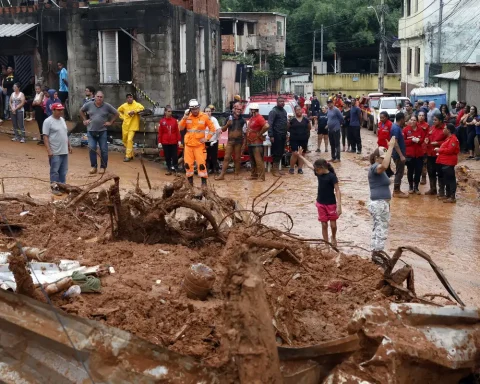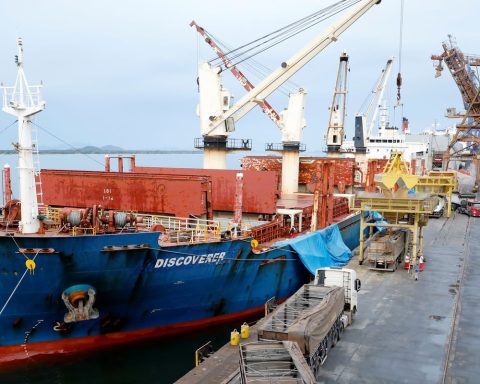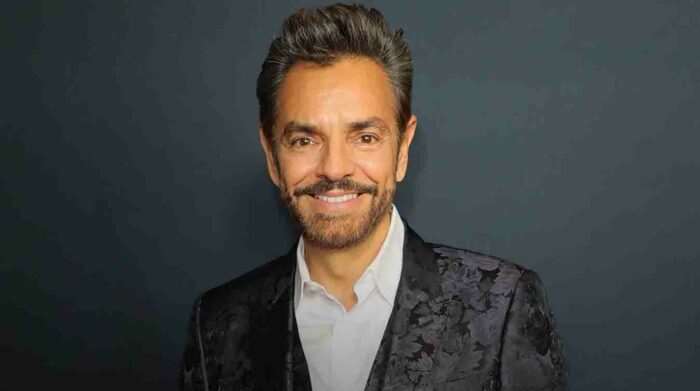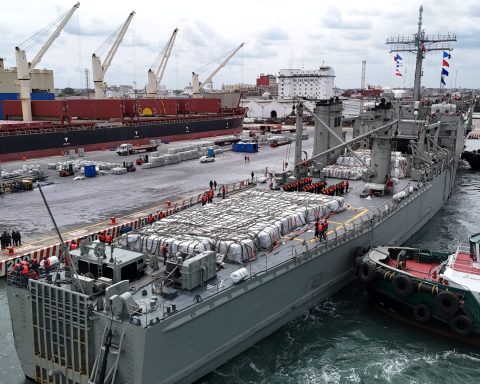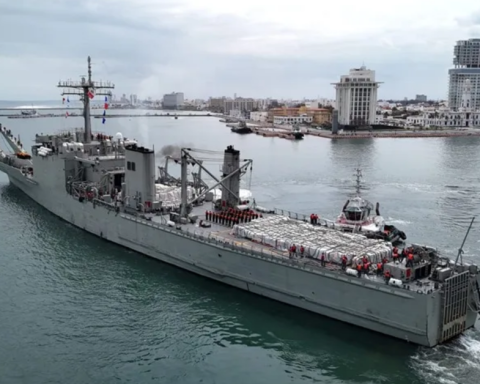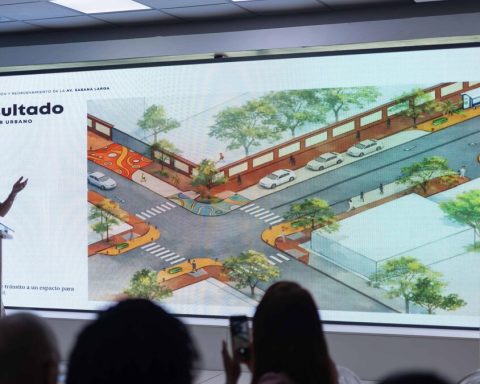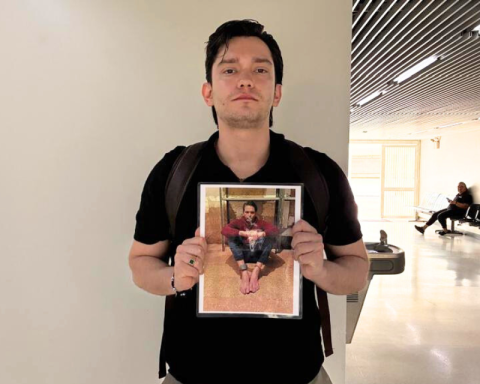What does a protein production company, a biopolymer manufacturer, an application to monitor patient health and a startup of aerospace engineering have in common? A superficial analysis of each company’s business could lead to the false conclusion that they don’t have much in common.
But all of them are innovative start-up companies, involve high-tech products or services, were founded by scientists and have highly specialized professionals among their employees.
That is, they are part of a group called deep techs. “Deeptech It’s deep technology. These are high-technology companies that, generally, to be created, require very deep, specific knowledge in an area of science, such as chemistry, physics, biology, mathematics, engineering. They generally require, in their body, masters, doctors, researchers to develop, for example, pharmaceuticals, computing, robotics, artificial intelligence”, explains Paulo Renato Cabral, innovation manager at the Brazilian Support Service for Small and Small Businesses (Sebrae).
This is the case of Lookinside, a company created by doctor Hermílio Carvalho, who developed a telemedicine application to help diagnose diabetic foot and avoid amputations.
“Unfortunately, we have diabetic patients being amputated every day in Brazil. And this is preventable, sometimes, when detection is early. The patient can take a photo of their own foot and answer some questions. The images reach a health professional who will evaluate and provide a report. And we are leveraging this with artificial intelligence for a more agile assessment”, says Carvalho.
Still in the health area, another deeptech is Biolinker, a startup of synthetic biology, specialized in the production of proteins, created by doctor in biochemistry and nanoscience Mona Oliveira.
“The pandemic led to a collapse in the health system and the supply of inputs that affected vaccines and diagnostics. Why make the virus proteins [que serão usadas como insumos] it is difficult. We need to sequence [o genoma] and establish the production process in biofactories. And it is exactly this problem that we work on. We created a platform with several microorganisms and production systems in which we can produce the protein for our client quickly and accelerated”, explains Mona.
According to the Sebrae manager, the market for deep techs It is a global competition, in which Brazil needs to keep an eye on it so as not to fall behind.
“Basically, all government institutions that promote research are looking at this segment of deep techs. They are launching programs and initiatives, but I believe they still need to be integrated and also improved in the regulatory system”, said Cabral.
He explains that support is important because these companies face many difficulties at the beginning of their existence. “THE deeptech it’s a long process. For example, it sometimes takes five, ten years for me to find a drug. You need adequate capital, investor money, public funding. You need specialized staff, which is hard to come by. And you need some institution or partners to accompany you on this journey, which is long, expensive and lonely.”
Former university professor Raimundo Lima had contact with the world of deep techs in 2016, during a course in the United States. Upon returning to Brazil, he decided to invest in creating his own company, BioUS, a developer of technology that transforms agricultural waste into biopolymers.
“This migration from academia to entrepreneurship is perhaps the biggest challenge. You leave academia, the area of research and development, and need to apply this to the market. And this application needs to be quick. Innovating is already a challenge. Innovating in science is an even greater challenge”, he highlights.
With a master’s and doctoral degree in Aeronautical and Mechanical Engineering from the Aeronautical Technological Institute (ITA), Thais Franco is co-founder and CEO of Quasar Space, a remote sensing and environmental monitoring company using satellites.
“What made me undertake was wanting to see the technologies that were being generated at the university applied more quickly in society. In academia, this ends up taking longer”, says Thais. “What was more complex for us [da Quasar] in the beginning it was to prove [para os clientes] that it was possible to do what we do”, he stated.
This Tuesday (3), Sebrae launched the notice for the second cycle of Catalisa ICT projectwhich supports deep techs for two years, helping them to validate their technology in the market, structure the company, get investors and grow.
The launch was made during the 34th Conference of the National Association of Entities Promoting Innovative Enterprises (Anprotec), which represents the country’s innovation environments, in São José dos Campos (SP).
*The Agência Brasil team traveled at the invitation of the National Association of Entities Promoting Innovative Enterprises (Anprotec).
